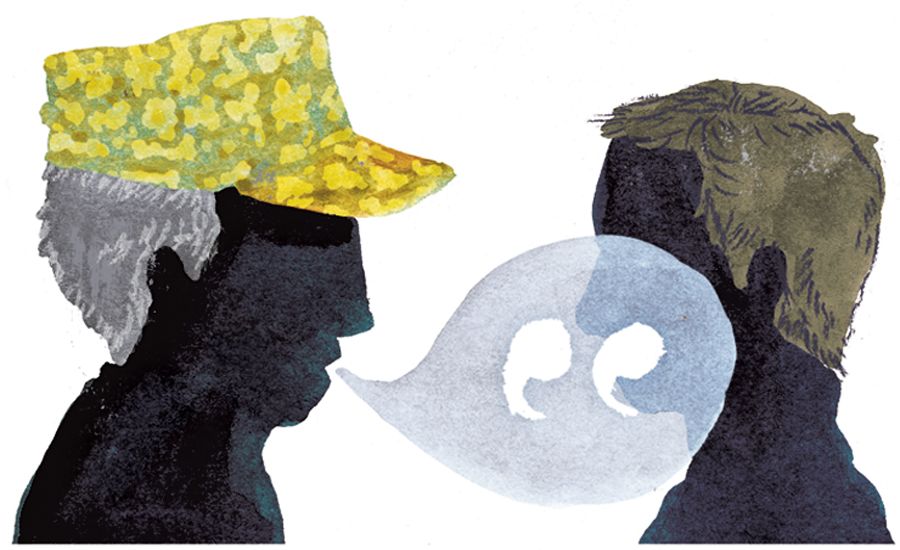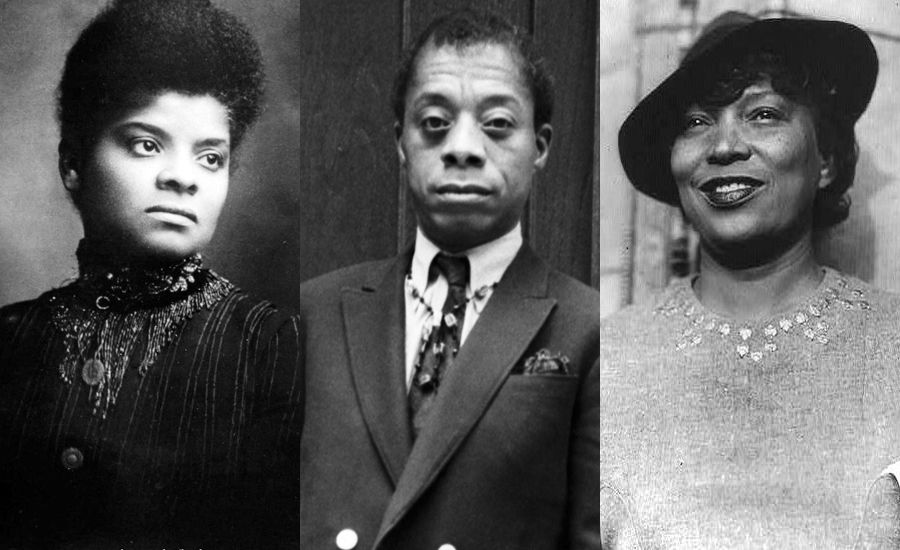My father was a World War II veteran and my hero. He told me about his brothers-in-arms but never talked about any fear or vulnerability he might have felt in combat. Later I realized he likely held back because he sensed I couldn’t bear the thought of his being in danger.
As an adult, I started getting together with veterans one at a time and simply listening to them. They’d tell me that finally talking about their wartime experiences helped them—even decades after coming home. Today’s veterans still don’t ask for professional help for fear of being labeled crazy or oversensitive. Many fear burdening their loved ones by asking them to listen.
I began the Welcome Johnny and Jane Home Project, pairing veterans with nonveterans for listening sessions. The veterans could speak as long as they wished, and except for two specified sentences, the nonveterans just listened. People asked how something so simple worked so well. I’m a clinical psychologist and I conducted a study to find an answer.
The veterans said they felt they could talk about events their families couldn’t cope with, and they didn’t feel as if they were being judged or diagnosed. But the biggest surprise was how much it meant to the nonveterans. Hearing the veterans talk about matters of life and death in ways they themselves never experienced opened the listeners to the veterans’—and their own—humanity.
Everyone can listen—you just have to open your ears and your heart.
For more information or to schedule a listening session, visit listen2veterans.org.




